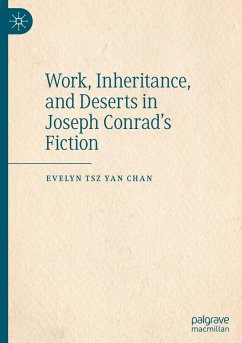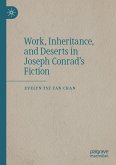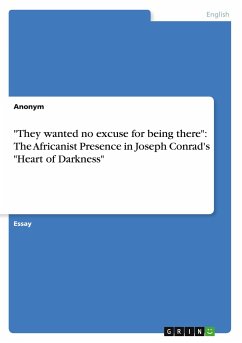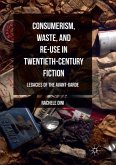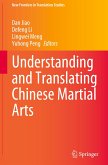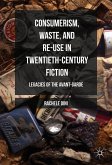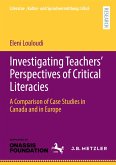This book focuses on the complex relationships between inheritance, work, and desert in literature. It shows how, from its manifestation in the trope of material inheritance and legacy in Victorian fiction, "inheritance" gradually took on additional, more modern meanings in Joseph Conrad's fiction on work and self-making. In effect, the emphasis on inheritance as referring to social rank and wealth acquired through birth shifted to a focus on talent, ability, and merit, often expressed through work.
The book explores how Conrad's fiction engaged with these changing modes of inheritance and work, and the resulting claims of desert they led to. Uniquely, it argues that Conrad's fiction critiques claims of desert arising from both work and inheritance, while also vividly portraying the emotional costs and existential angst that these beliefs in desert entailed.
The argument speaks to and illuminates today's debates on moral desert arising from work and inheritance, in particular from meritocratic ideals. Its new approach to Conrad's works will appeal to students and scholars of Conrad and literary modernism, as well as a wider audience interested in philosophical and social debates on desert deriving from inheritance and work.
The book explores how Conrad's fiction engaged with these changing modes of inheritance and work, and the resulting claims of desert they led to. Uniquely, it argues that Conrad's fiction critiques claims of desert arising from both work and inheritance, while also vividly portraying the emotional costs and existential angst that these beliefs in desert entailed.
The argument speaks to and illuminates today's debates on moral desert arising from work and inheritance, in particular from meritocratic ideals. Its new approach to Conrad's works will appeal to students and scholars of Conrad and literary modernism, as well as a wider audience interested in philosophical and social debates on desert deriving from inheritance and work.

